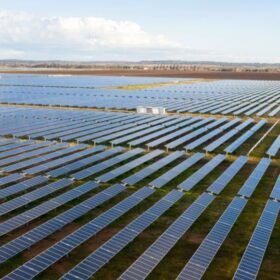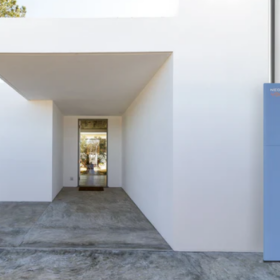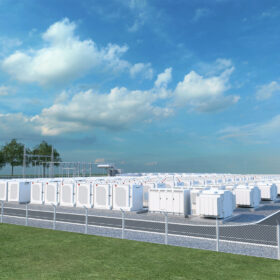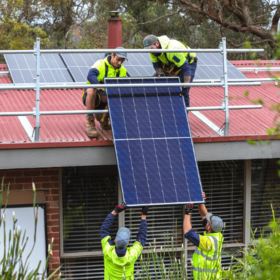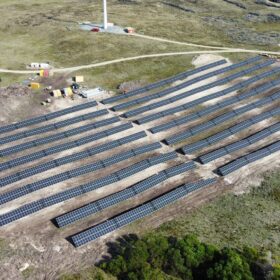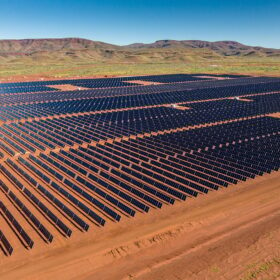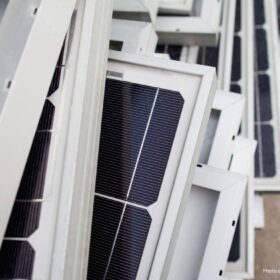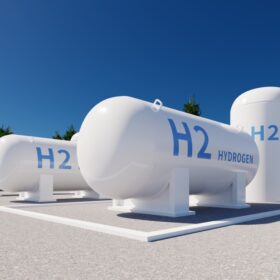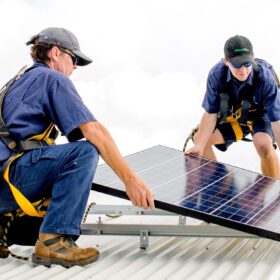Investor concerns remain as NEM project pipeline grows
Growth in Australia’s renewable energy sector is strong with 43 GW of new utility scale generation and storage projects working through the National Electricity Market connection process but concerns remain that uncertainties surrounding approval processes could impact investor confidence.
Behind-the-meter battery uptake glitched by New South Wales battery rebate wait
New South Wales government efforts to stabilise the grid through an incentive scheme offering battery rebates has caused a lull in battery uptake and installations while some consumers wait another four months for the rebate to kick in.
Macquarie’s Eku gets green light for 500 MWh Canberra big battery
The way has been cleared for construction to begin on a 250 MW / 500 MWh battery energy storage system that will help “future proof” the Australian Capital Territory’s energy supply by reducing the load on Canberra’s electricity network and increasing network reliability.
WA targets 6.5 TWh of renewables generation as part of federal deal
Western Australia has locked in federal government funding to build a minimum 6.5 TWh of large-scale solar and wind projects and 1.1 GW of new storage to help ensure the electricity grid remains stable as the state continues its renewable energy transition.
Rooftop solar retrofit on low-income housing is key to reap $17 billion benefit
An accelerated rollout of rooftop solar and electrification for low-income housing could boost Australia’s economy by $17 billion but is dependent on policy change, according to a new Deloitte Access Economics report.
Path cleared for Tasmanian utility to build and partner on 300 MW projects
The way has been cleared for a new generation of solar, wind and hydro projects to be developed in Tasmania with the state government lifting the legislative cap restricting Hydro Tasmania from building or partnering in new large-scale energy generation facilities.
Rio works with traditional owners on Pilbara solar project
Rio Tinto, the nation’s biggest iron ore miner, has reached agreement with Ngarluma traditional owners to pursue the development of an 80 MW solar farm as part of the company’s efforts to decarbonise its vast iron ore operations in Western Australia.
IEA-PVPS identifies 456 patents in PV module recycling
The IEA Photovoltaic Power Systems Programme’s (IEA-PVPS) latest report on solar panel recycling offers a comprehensive review of all existing technologies in this market segment, from pure mechanical recycling to innovative techniques such as light pulse treatment, water-jet cleaning, pyrolysis, and chemical treatments.
Government presses GO on hydrogen certification scheme
The Commonwealth government says it will fast track the development of a proof-of-origin scheme for hydrogen and renewable electricity to help Australian industry meet growing domestic and international demand for verified renewable energy and clean products.
Regulator to nominate CEC as solar panel and inverter assurance body
The Clean Energy Council looks set to be reappointed as the product listing body responsible for maintaining and publishing lists of approved solar panels and inverters eligible for use in Australia’s solar rebate program.
